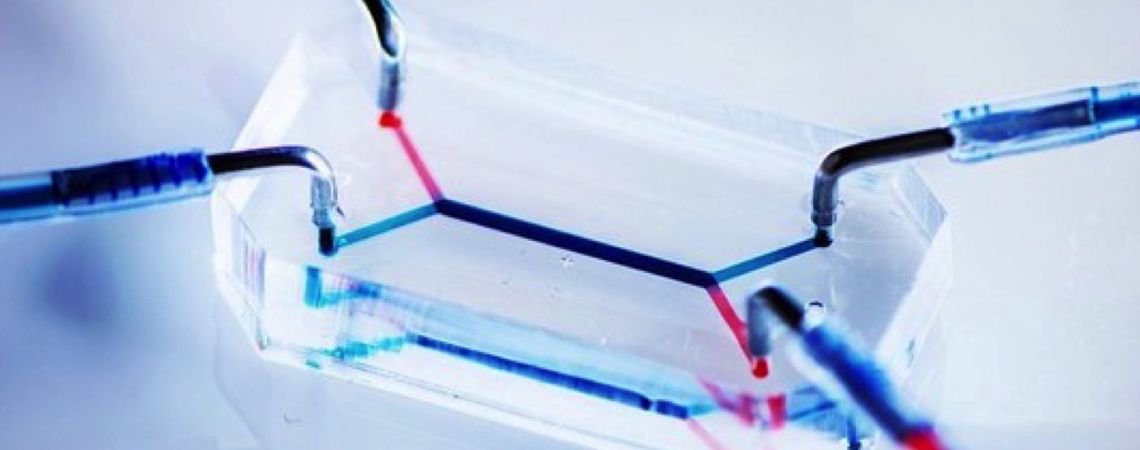Huh Lab
Research

Research interest
My research group aims to develop innovative bioengineering technologies to transform the traditional paradigm for modeling human physiology and pathophysiology. Central to our research effort has been the development of human ‘organ-on-a-chip’ technology that provides a powerful approach for in vitro modeling of human tissues and functional elements of organs for biomedical, pharmaceutical, and environmental applications. As a leading group in this area, my laboratory has demonstrated the feasibility of reverse engineering the essential features of various human organs and physiological systems in microengineered cell culture devices. This body of work has also led to the development of a new approach known as ‘organoid-on-a-chip’ in which microengineered systems are used as enabling platforms to engineer mature and functional organoids with the goal of creating more predictive and realistic in vitro models. Another main thrust of our work is to harness the power of organ- and organoid-on-a-chip technologies to model, interrogate, and modulate disease processes in the human body. Many of our ongoing studies focus on exploring the potential of these specialized in vitro systems for mechanistic investigation of disease processes, as well as for high-content screening of therapeutic compounds. In our recent studies, we have also demonstrated a new platform technology based on parallelization of microphysiological culture to enable fully automated, large-scale production and multidimensional analysis of microengineered complex human tissues. Among the current research interests of my group is to use our advanced in vitro technologies to model cancer immunotherapy for mechanistic studies and therapeutic modulation of how engineered immune cells interact with malignant cells in the tumor microenvironment.

 `
`